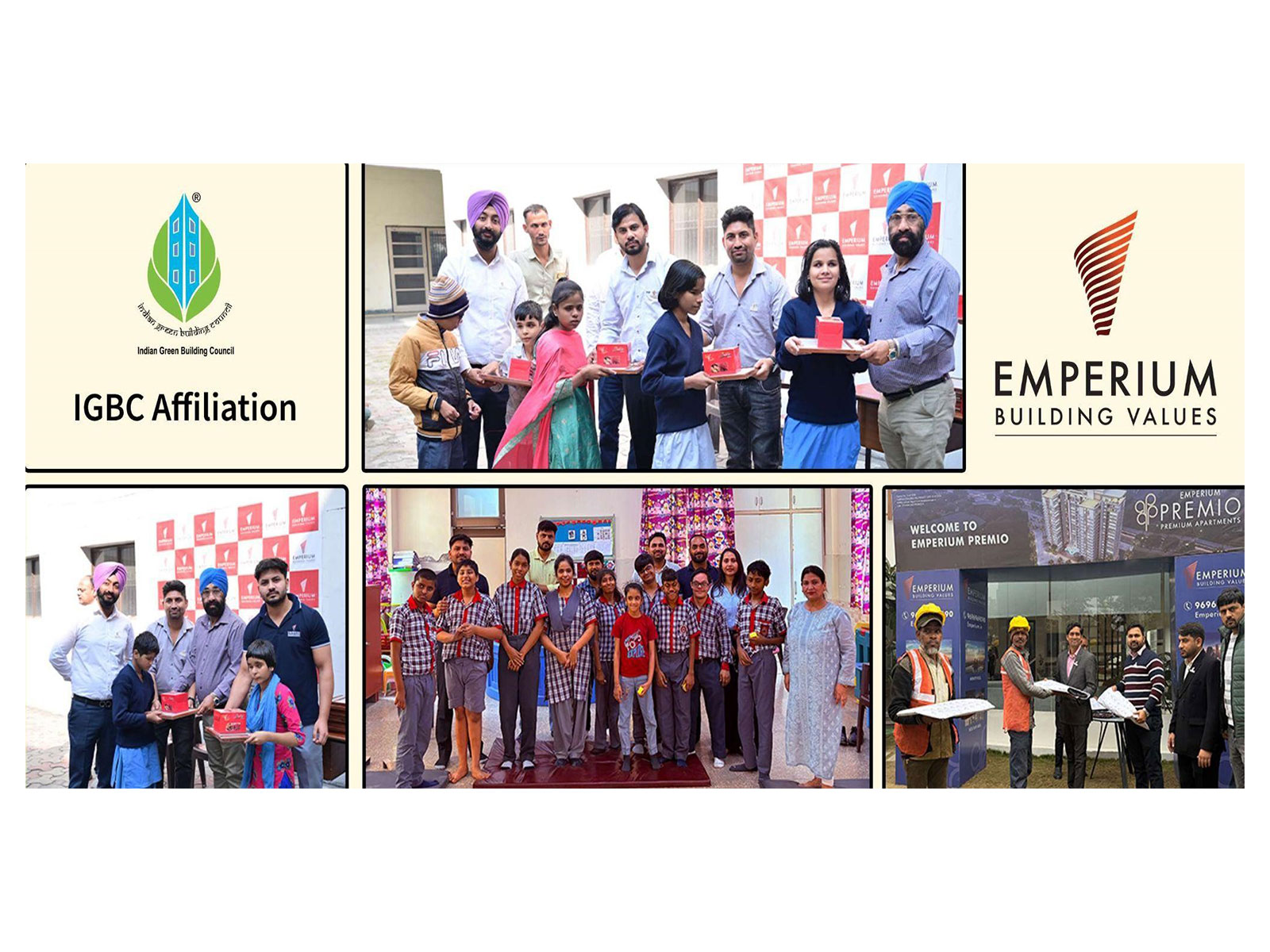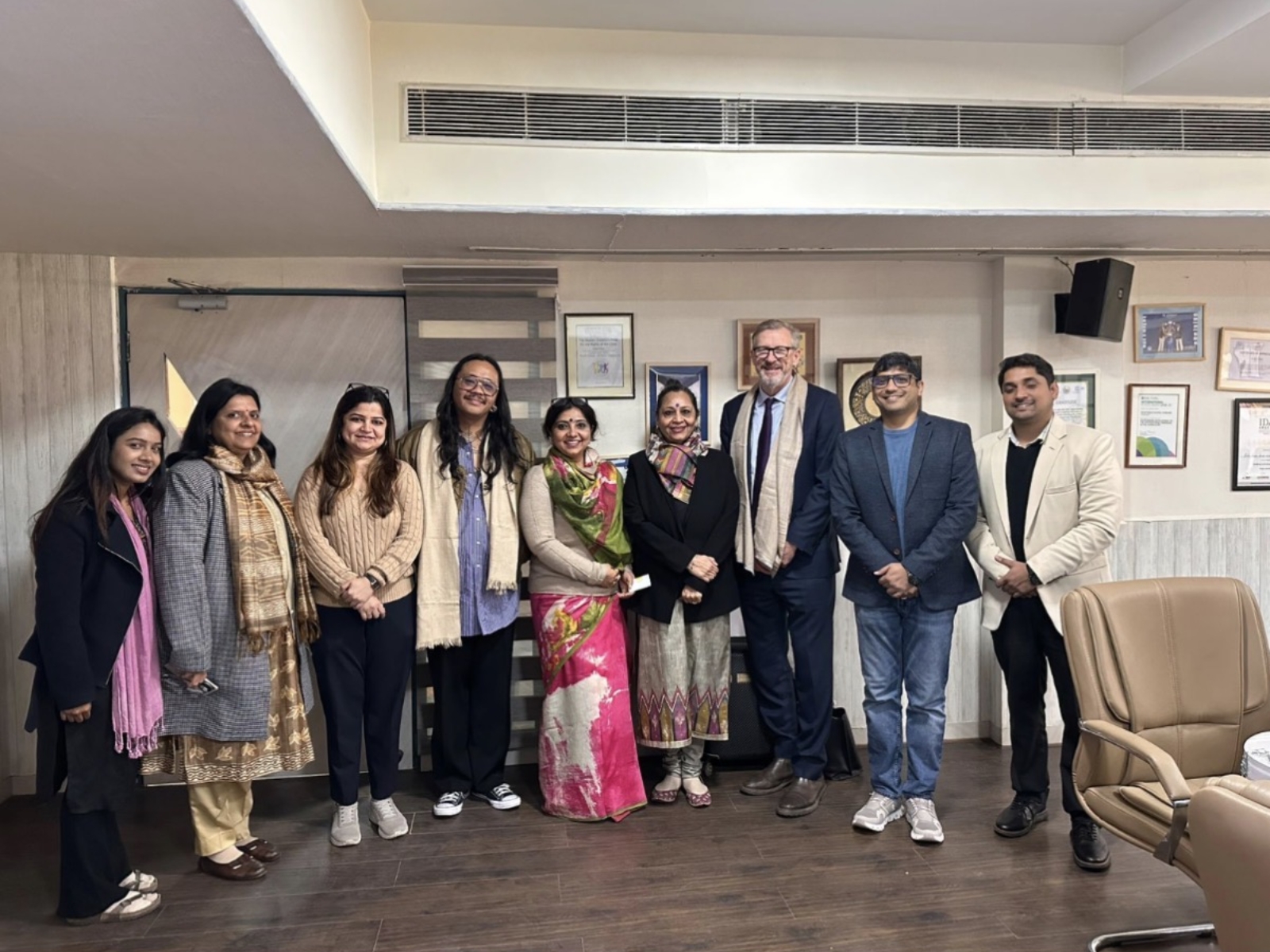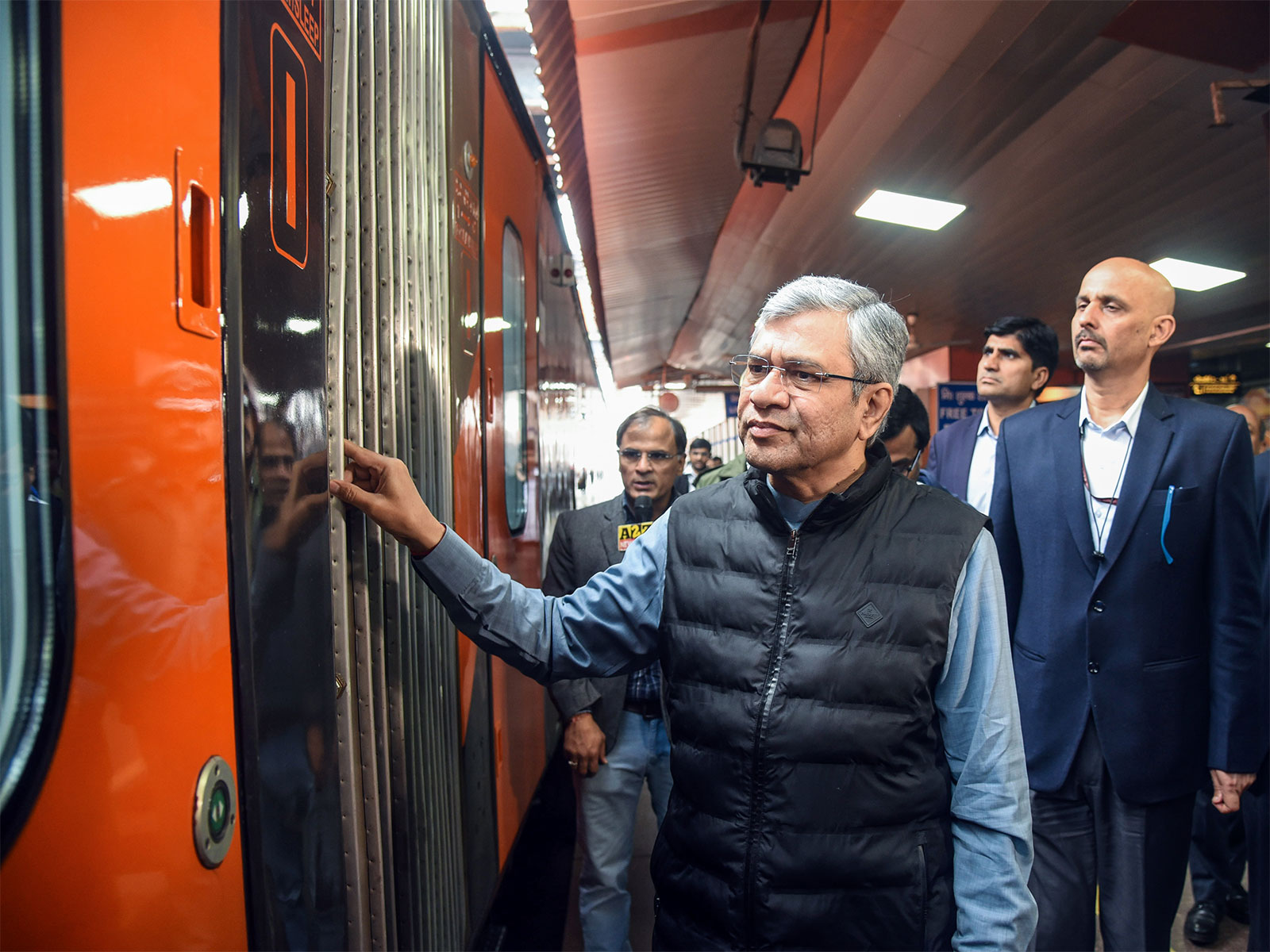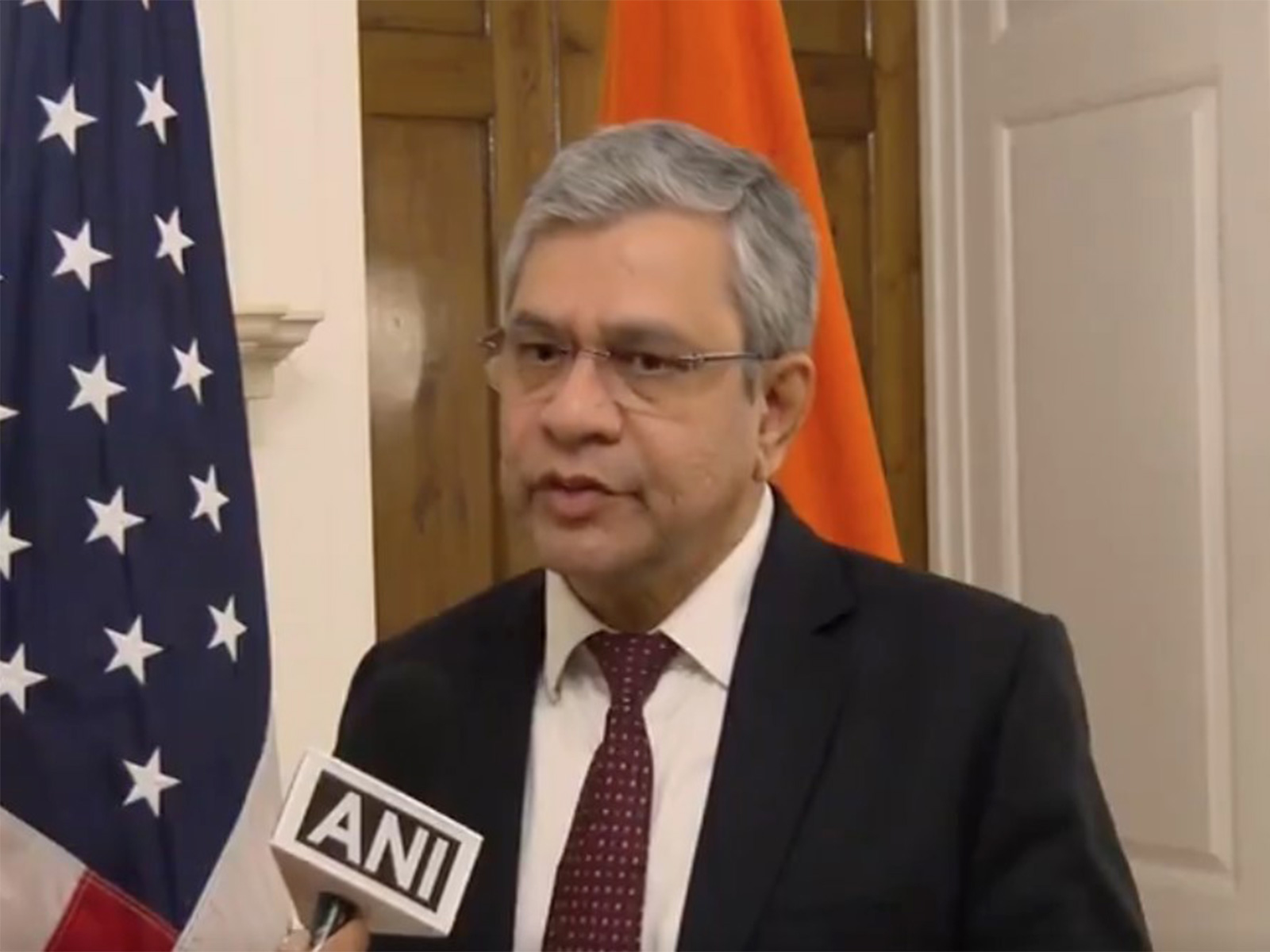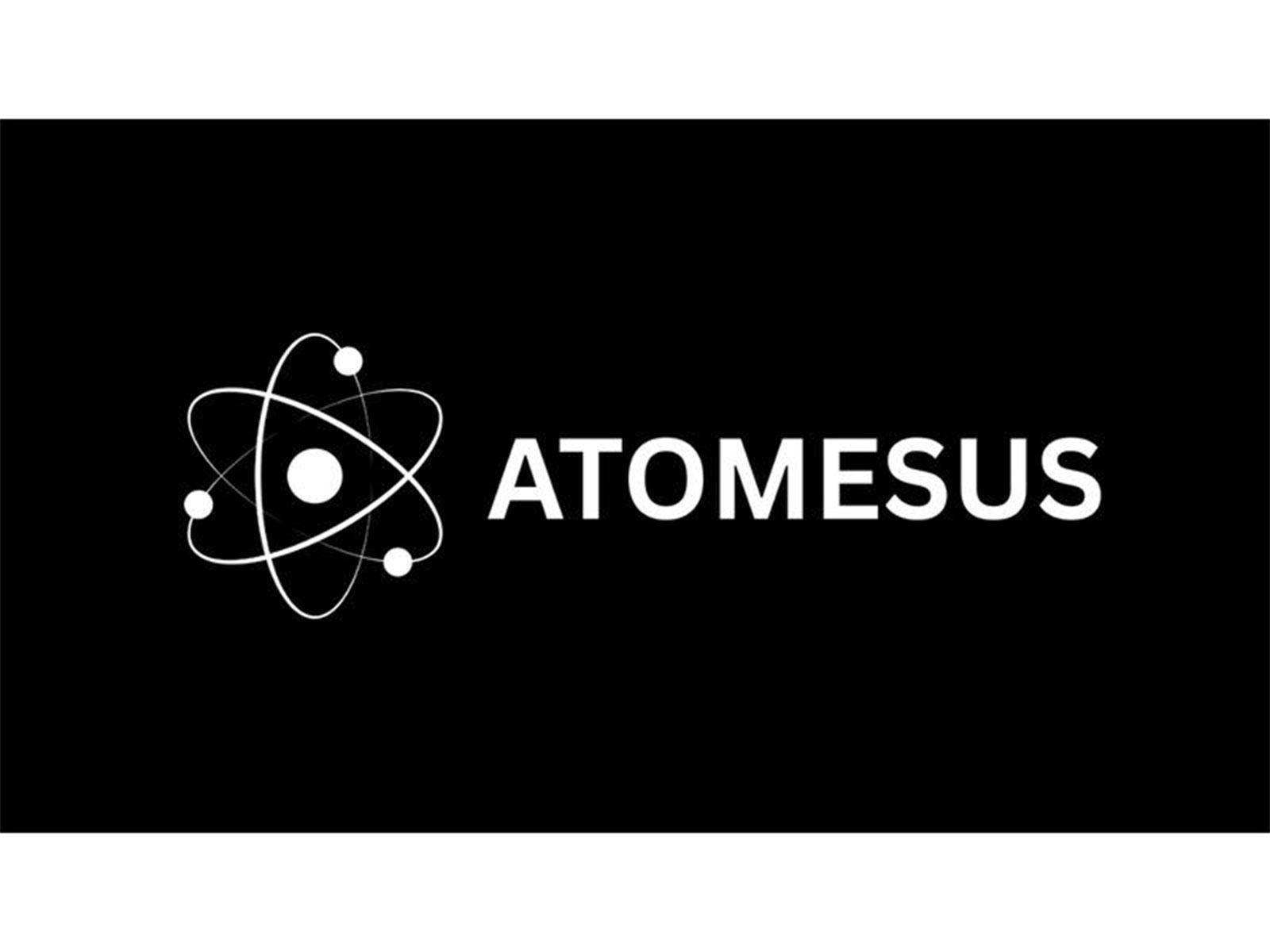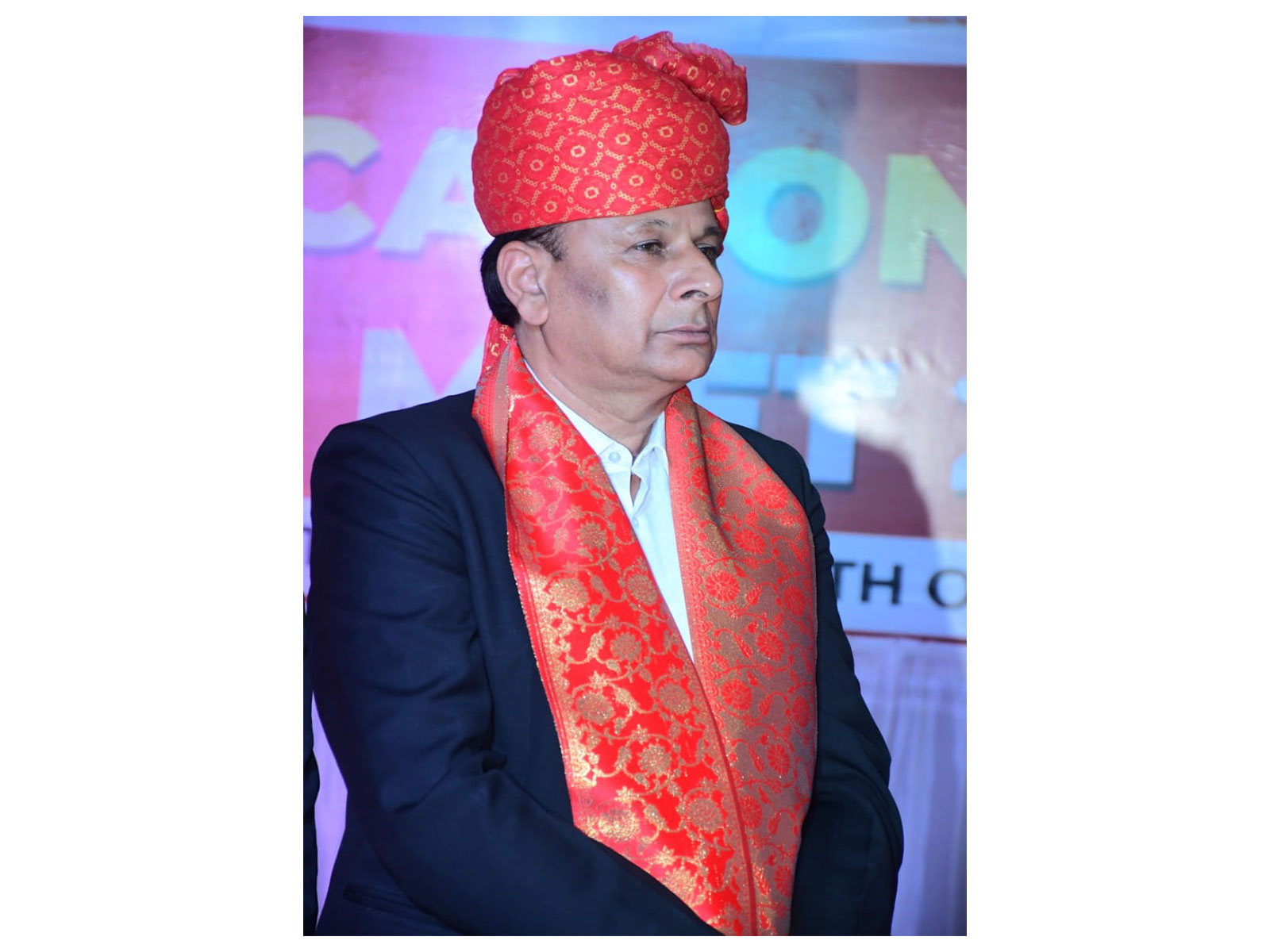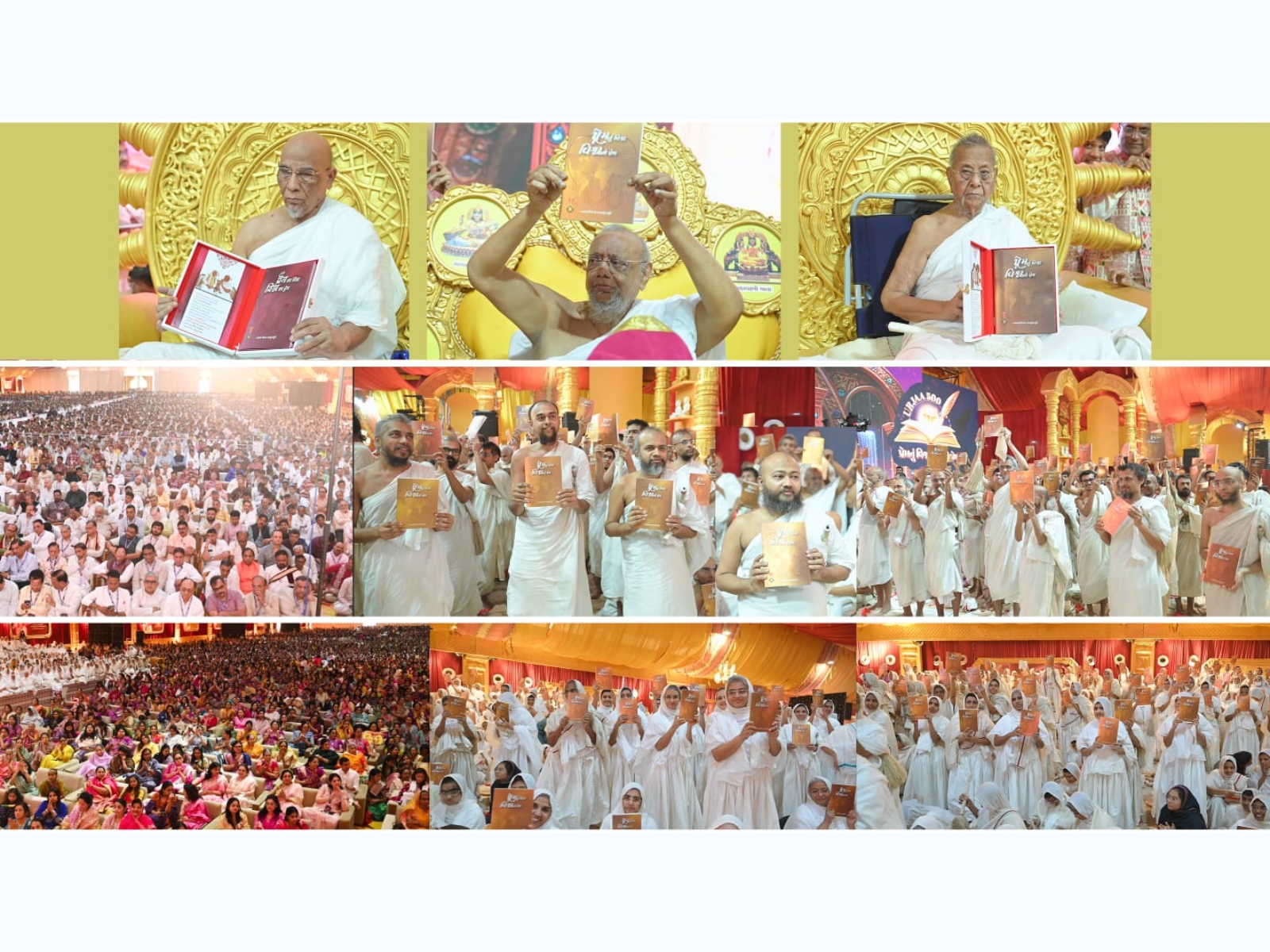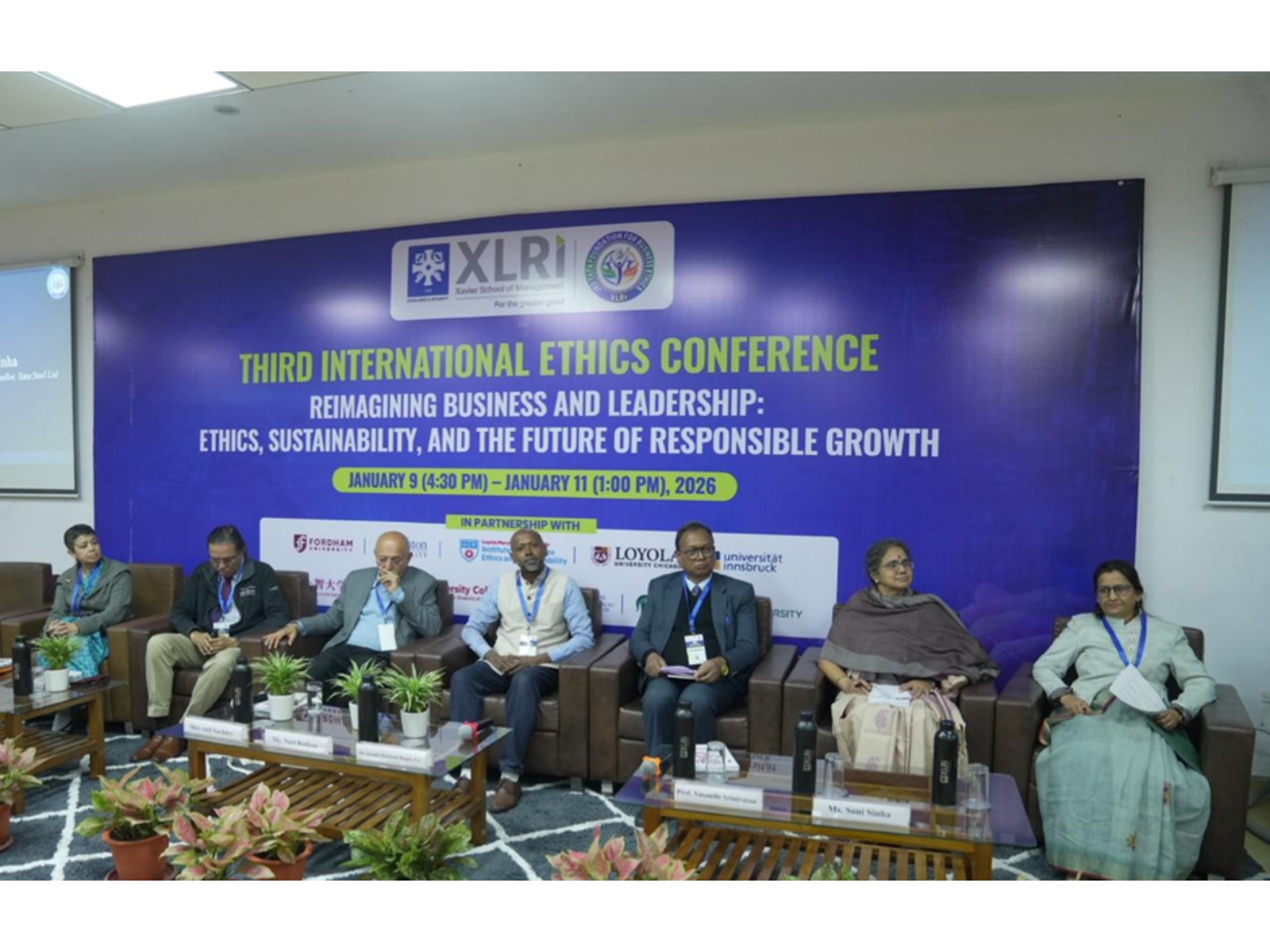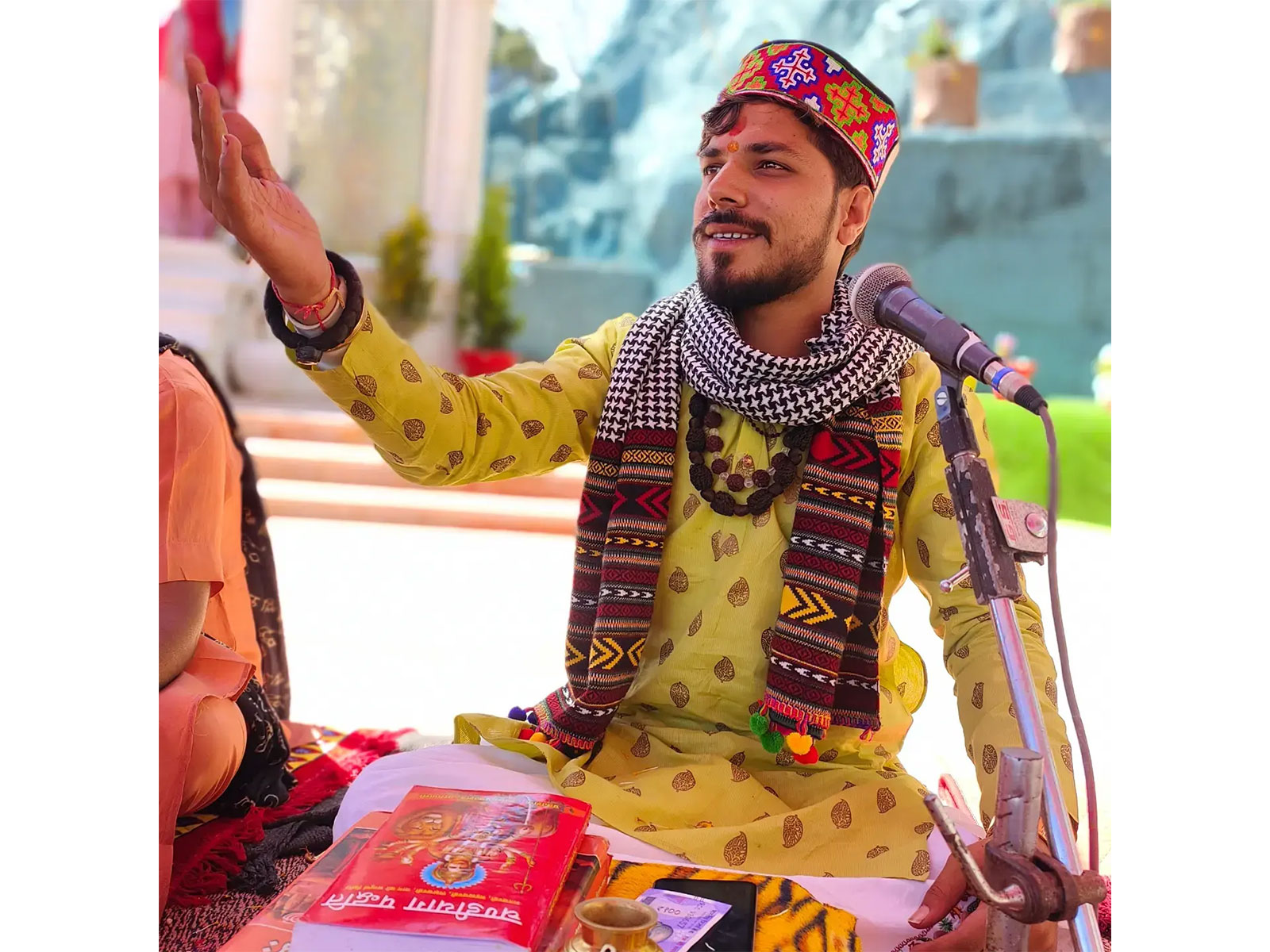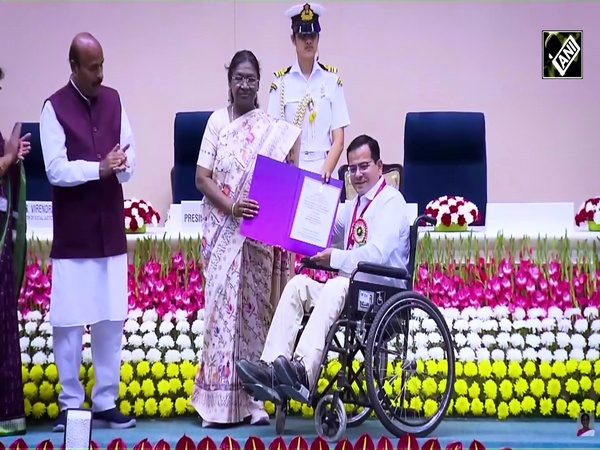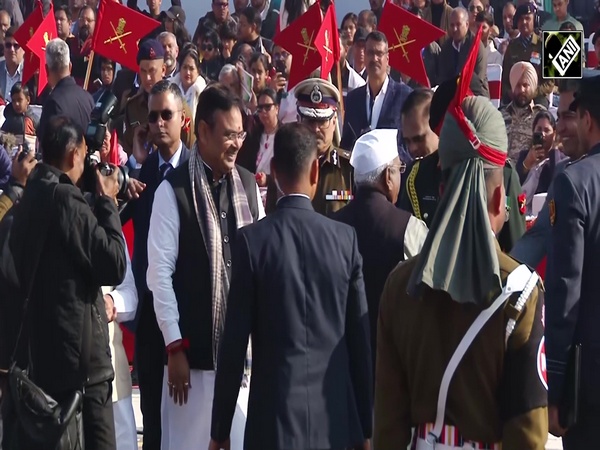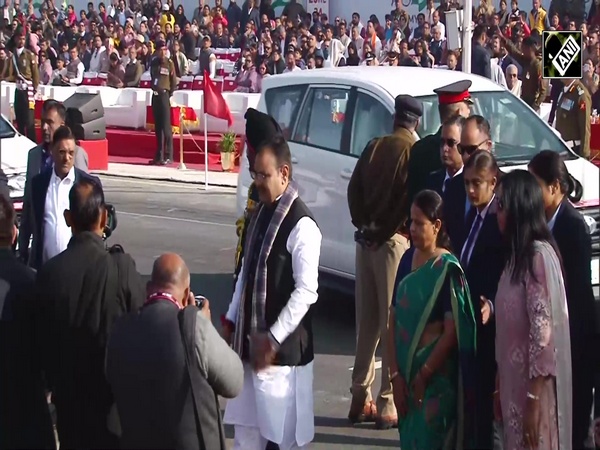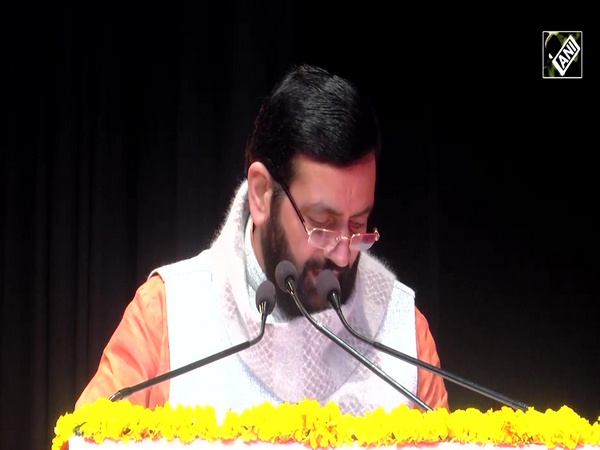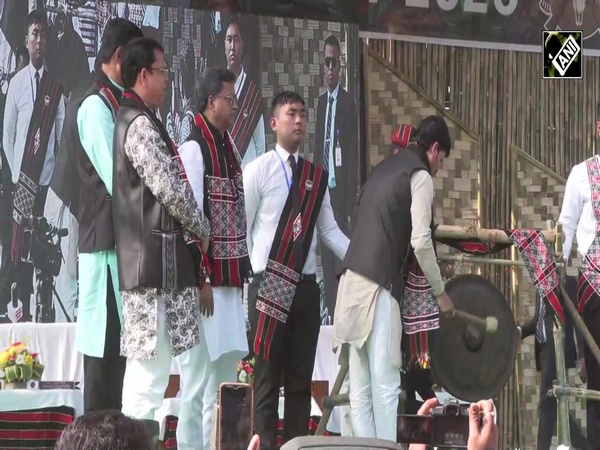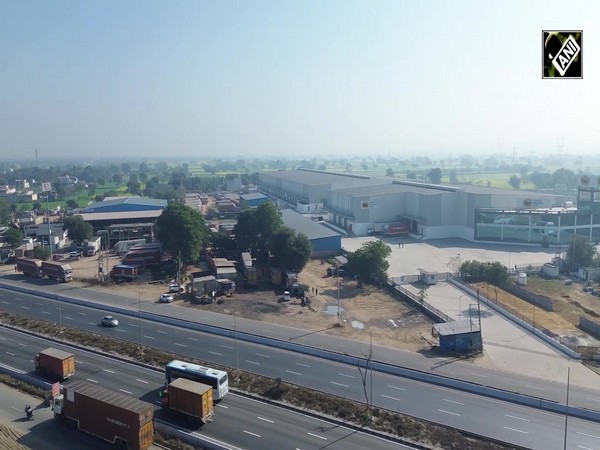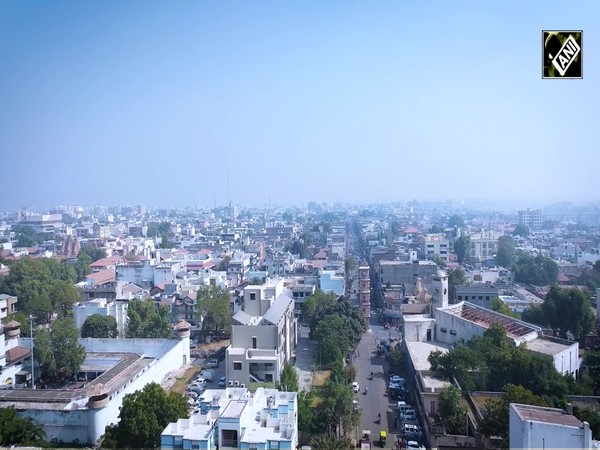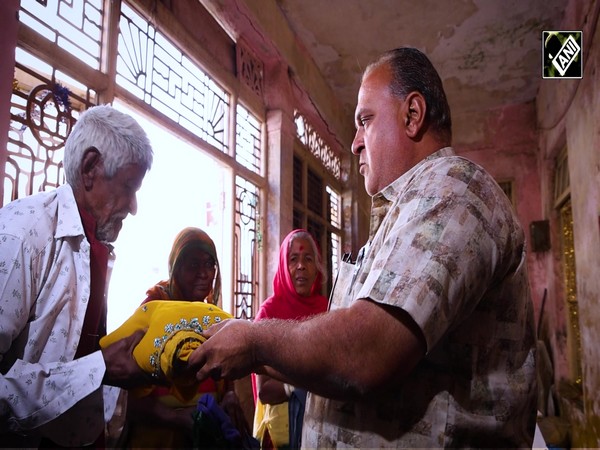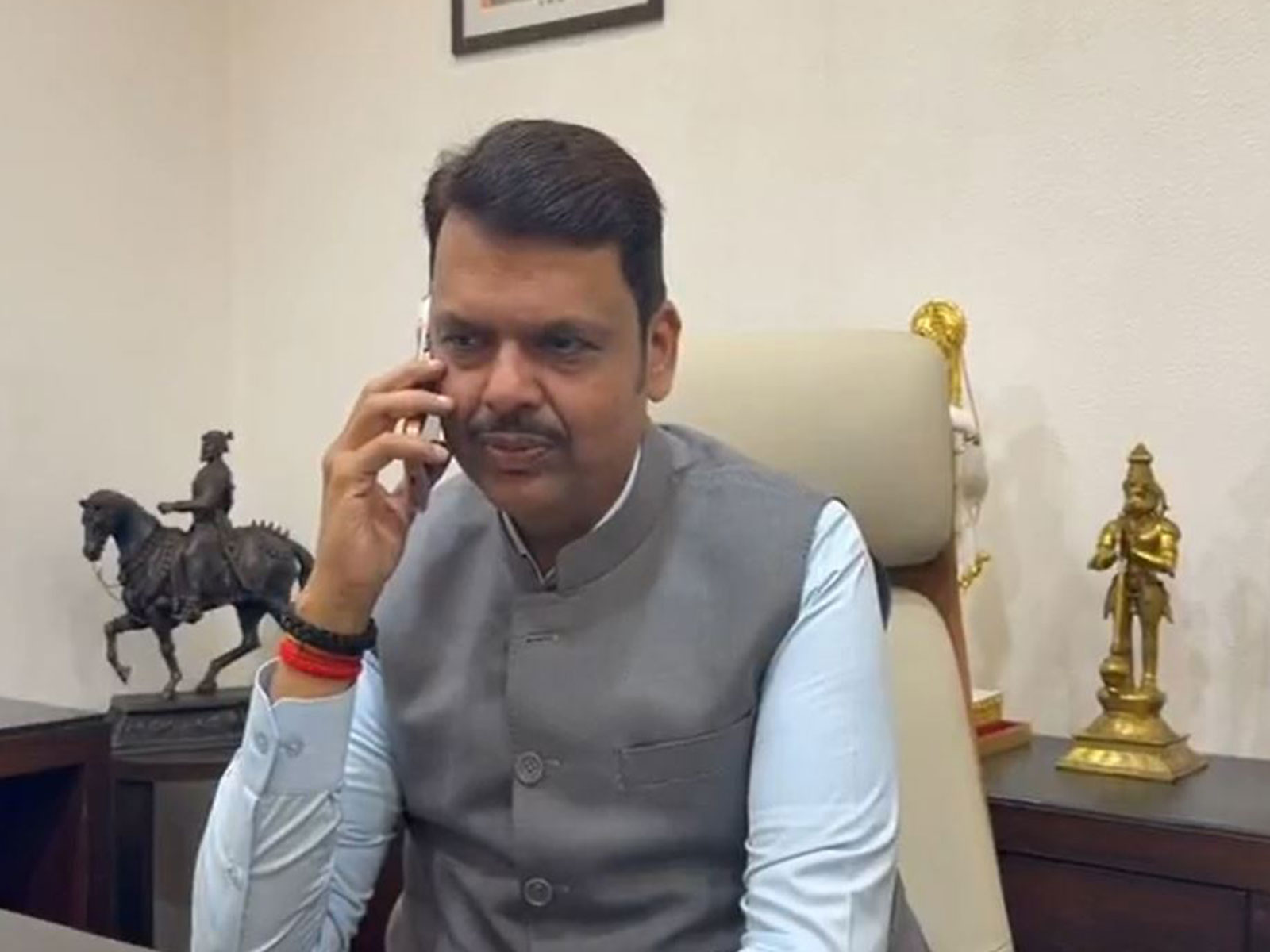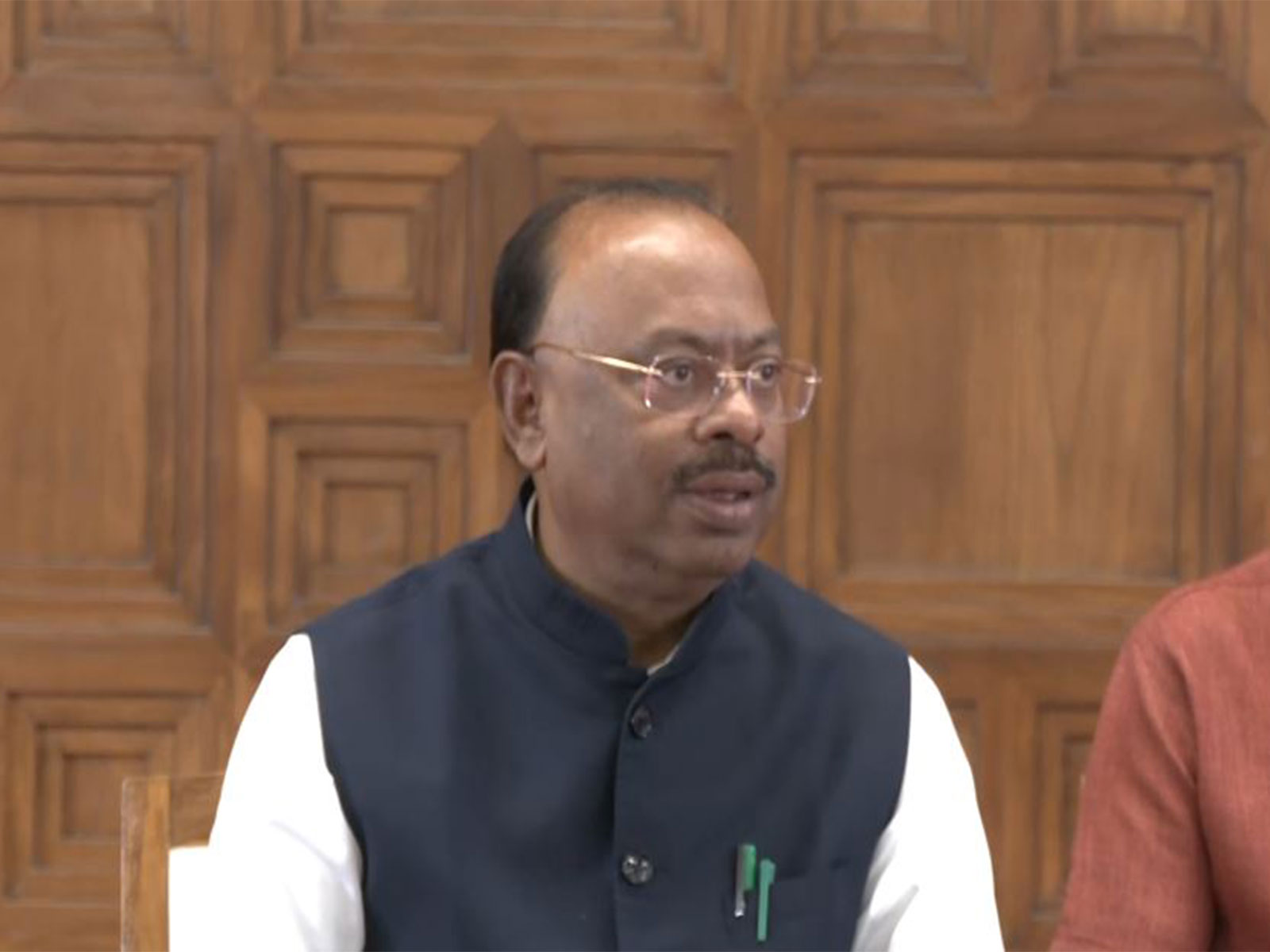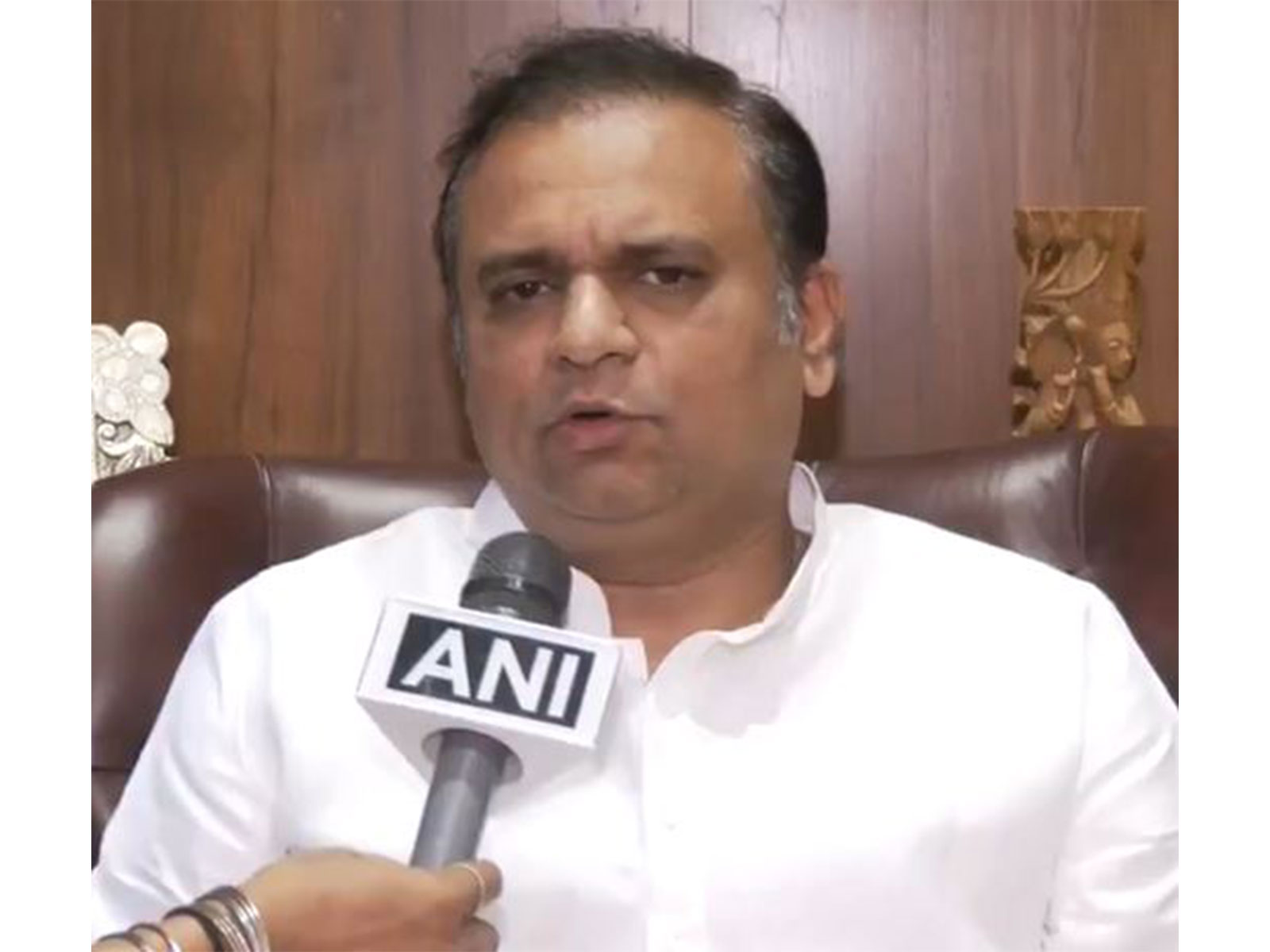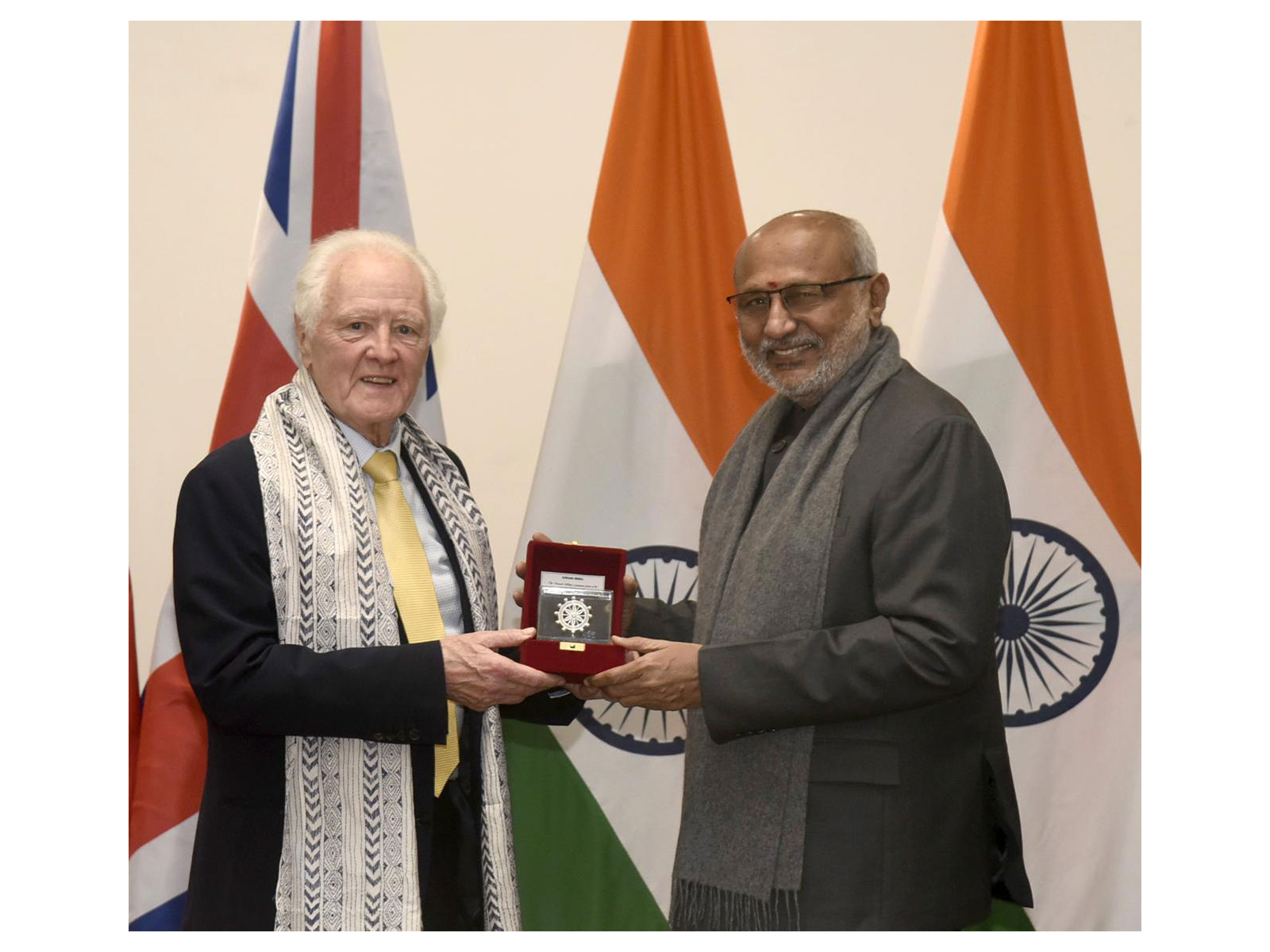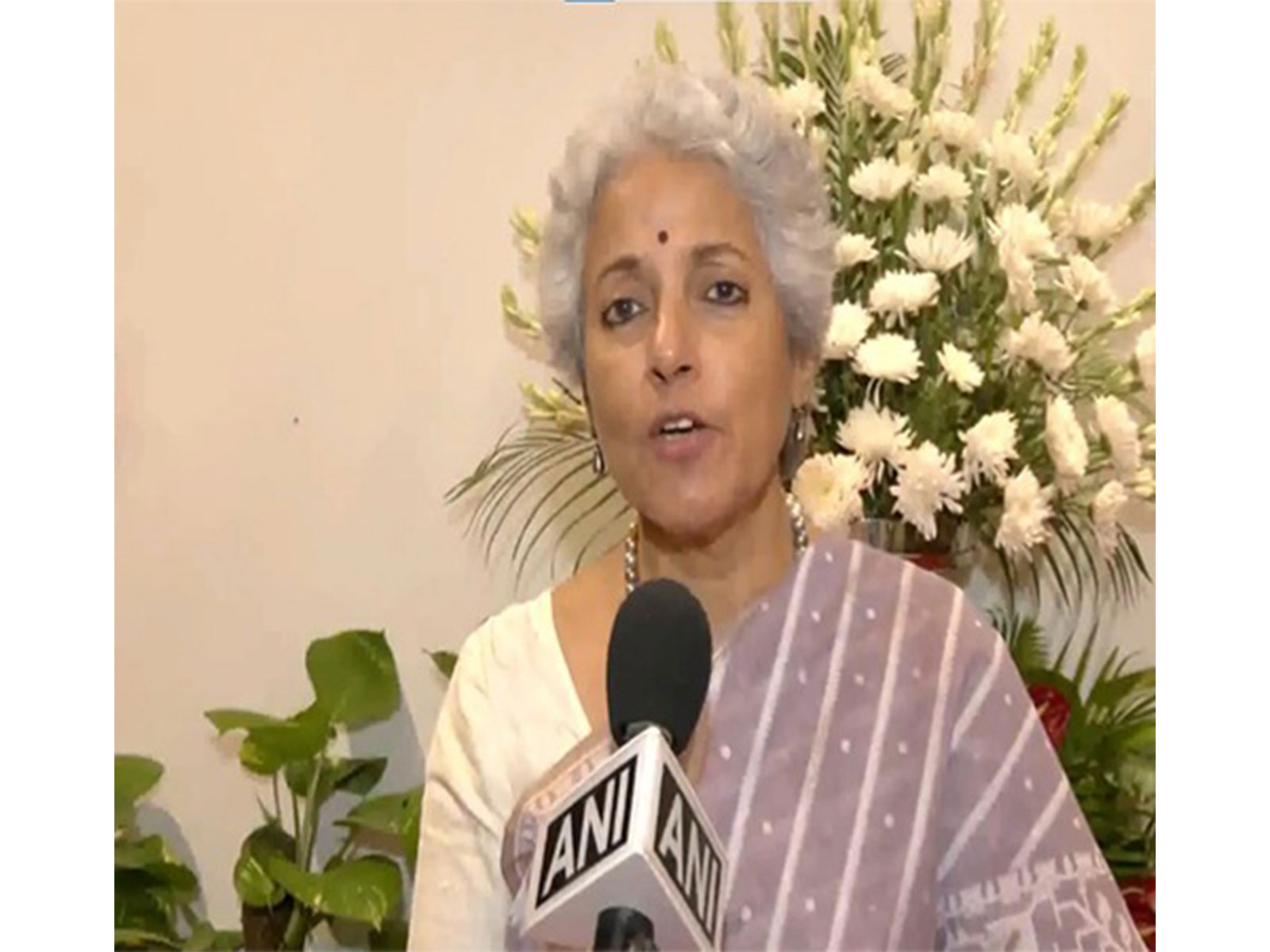
India should target nutrition security through innovation and global collaborations: Former Chief Scientist WHO
Nov 03, 2025
By Kaushal Verma
New Delhi [India], November 3 : India must now transition from food security to nutrition security through scientific innovation and global collaboration, according to an exclusive interview with ANI today. Soumya Swaminathan, Former Chief Scientist of the World Health Organization (WHO) and Former Director General of ICMR
"We need solutions for nutrition security. Prime Minister Narendra Modi also mentioned that one of our priorities is nutrition security for the country. While we have achieved food security, we now need to work on nutrition security too," she said on the sidelines of the ESTIC event today in the national capital.
She also emphasised that science must drive solutions for nutrition, climate change, and public health, while fostering strong national and international partnerships.
Swaminathan stressed the need for partnerships that go beyond borders and disciplines, adding, "We need cross-boundary--national and international--partnerships, particularly in areas of common interest like climate change, heat, and nutrition security."
Calling for science-led health and nutrition reforms, she said, "We need to work on universal, high-quality healthcare and address major risk factors like poor diet. These can be tackled using science and technology. Working with WHO, government departments, social scientists, NGOs, and communities will help us achieve these big goals."
Highlighting the importance of a healthy population for economic growth, she said, "We have a very large population and also a large young population. It's very important that this population be healthy. If you don't have a healthy working population, it will impact the economy."
She noted that WHO, by setting benchmarks and standards, is working closely with the Government of India to support policies that ensure long-term health security.
Swaminathan stressed that India has the right foundation to strengthen its scientific ecosystem.
"We are clear that we have all the elements in India. We have many good scientific institutions in the NGO, private, and public sectors. We have excellent academic institutes, even in tier-2 and tier-3 cities, where young people are aspiring to do more and have brilliant ideas," she said.
To turn these ideas into outcomes, she called for stronger collaboration between academia, industry, and government. "We have a large, thriving private manufacturing sector, and we need to bring everyone together to enable science for societal development. That really is the challenge," she added.
Swaminathan also urged that scientists be seen as "Science Diplomats." "Scientists can help break barriers. Even when geopolitics may not be aligned, science and technology can be shared for the public good. Science can connect us," she said.
She noted that India has a critical role to play in bridging the global North and South. Applauding the government's decision to launch the ₹1 lakh crore Research, Development and Innovation (RDI) Fund, she said, "This is very much appreciated. We need such large, ambitious funds for frontier technologies and to find solutions to pressing challenges."
